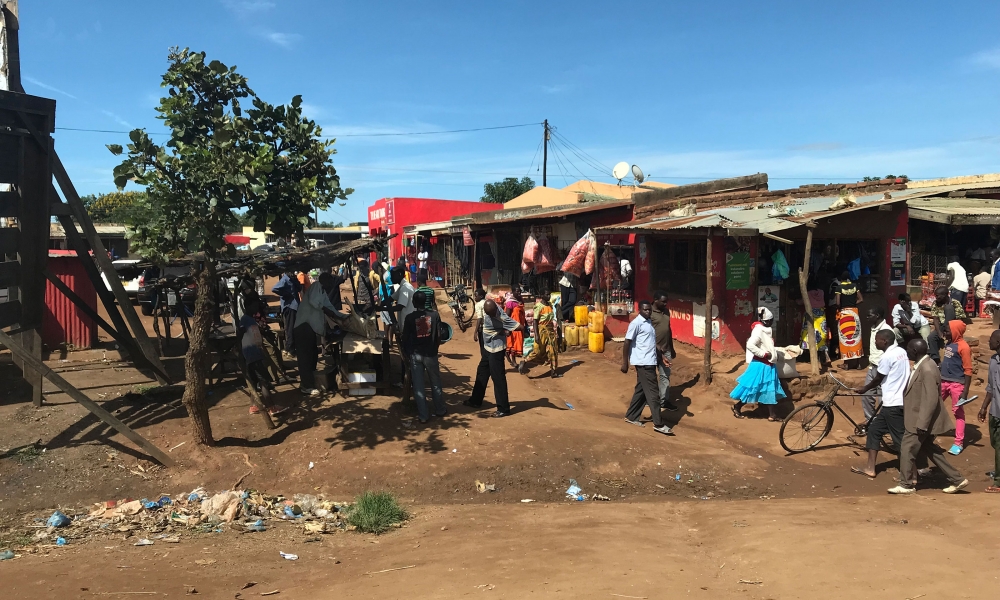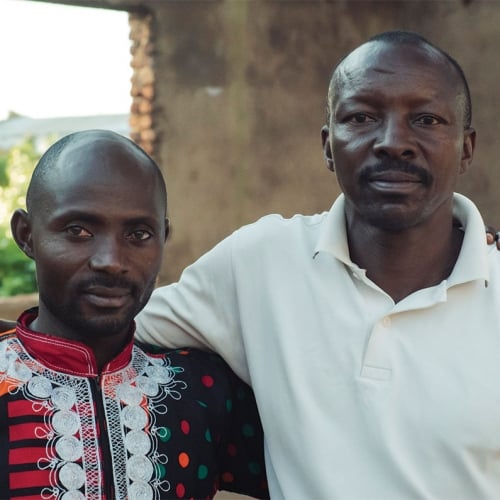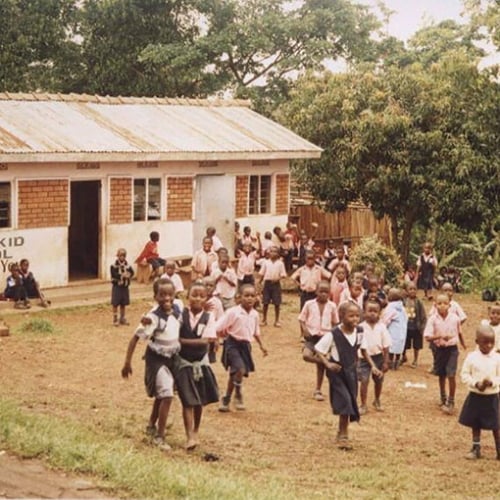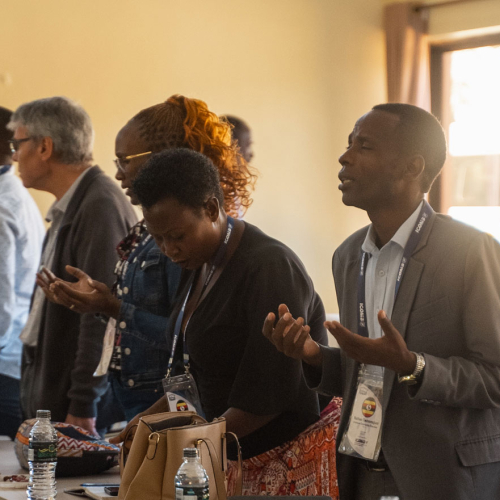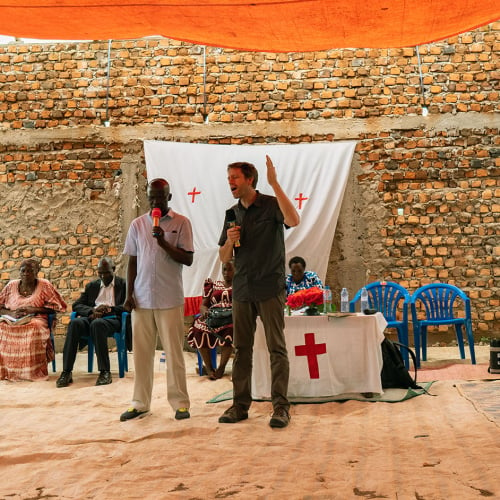On April 2, 2020 over seventy people joined in a Multiply conference call with Safari, Multiply’s national leader in Malawi. Safari oversees church planting in Dzaleka, a permanent refugee camp in Malawi with over 40,000 asylum seekers from various countries. Since January, over 2,500 there have died.
“There are no autopsies in Africa,” said Doug Hiebert, on mission with Multiply in Burundi. He went on to explain that the African culture views death quite differently that Western cultures. For Africans, death is a familiar presence, and always has been. For this reason, the COVID-19 pandemic is seen by Africans as simply the latest in an inevitable series of death threats.
When Doug invited Safari to speak, he was quick to begin with words of compassion and comfort, words that to his Western listeners also carried a weight of conviction, even irony.
“We are praying for you three times every day,” said Safari. “We know that you in the West are not used to suffering and restrictions.”
Safari went on to encourage the Western Church to make Jesus their only hope. “Here, we can go for days without eating,” he said. “We also sometimes are restricted to our homes. Once I had to stay in my house for seven days, because in the village they wanted to kill me for preaching the Gospel. So, I understand what you are going through.” Listeners were speechless; their current hardships could hardly compare to the challenges of his everyday life.
Safari went on to gently remind his listeners that Christians must not complain about such trials but keep focused on Jesus. “When I have food, I give thanks,” he said simply. “Here, we don’t see what we have lost. We see that whatever we have is God’s favour.”
What advice does Multiply’s national leader in Malawi’s refugee camp have for the Western Church for living on mission in times of crisis?
“Go through it! It is only when we pass through a problem that we grow up! That is when we learn that God is faithful, and that there is hope beyond death.” Safari went on to say, “Many will die. In Africa, we see that death is a part of our journey. Many will also be saved, and we must disciple them to maturity.”
Safari went on to describe the need for discipleship as the greatest challenge to the African church, a challenge to which his Western listeners could well relate. There is a sense in which the bar has been lowered for believers, where the goal is just to have people saved and attending a church. An emphasis on being missional is not the norm, and few are taught to study the Word, to hear from God, or how to pray. As a result, not many Christians know how to live on mission at the best of times, much less in a time of global crisis.
“We tell people ‘Come’, but not ‘Go’,” Safari expressed eloquently. “Then they look only to the pastor, and do not seek God themselves. How will they know what God is asking of them?”
“Each of us must hear what God is telling us to do, and when to do it. We must pray and listen and discern. This Corona virus should not be our focus. The problem is not the problem! We must each hear Jesus, who is bigger than any problem. Then we can share what we hear, and together discern as a community what God is telling us to do next.”
At the end of the conference call, Safari spent some time praying for the Western Church, thanking God for all the West has done through sending missionaries and resourcing God’s work in other countries. He prayed for courage, for strength to remain faithful and for missional hearts. His final words then brought the current crisis into perspective.
“This is not the end of everything,” our African brother assured us. “After everything, there is Jesus.”

